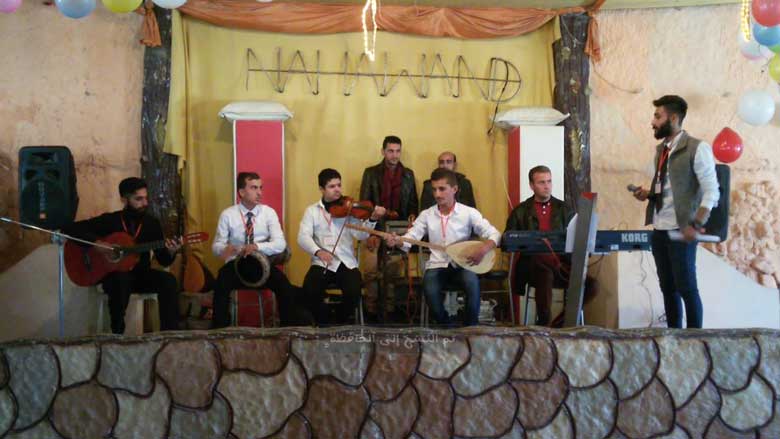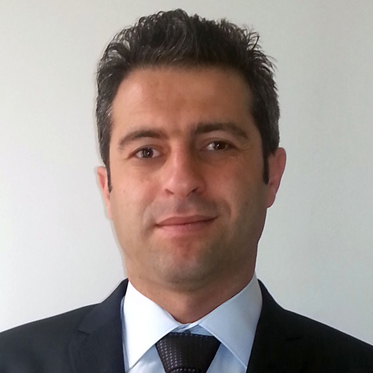Volunteer Art Center for Training Children in Rojava

ERBIL, Kurdistan Region (K24) – Amid the violent conflict and devastating civil war in Syria, a volunteer center for developing children's talents has started working last week in Rojava, the northeastern region also known as Syrian Kurdistan.
In the small city of Amuda, Aram Ahmad has set up the Nahawand Centre for Children, where boys and girls between the ages of five and seventeen learn music, drama, painting, choreography, chess, and foreign languages. Trainers are all volunteers and are happy with this unique idea of taking children away from war and conflict.
"About 250 children attend the center, including IDPs from different ethnicities, religions, and geographic areas of Syria," Aram said, noting that children in the center learn the essential principles of coexistence, tolerance, and acceptance of others in order to build a cohesive society void of religious and national intolerance.
"This is the only center like this in the entire region, and I am trying to help build personalities not entirely shaped by war and extremism," Aram explained, adding that he is against all forms of religious and nationalist extremism. Aram also added that he is short on helpers since he does not have the financial resources to pay them, except for few donations by some friends in Europe, but the children are enthusiastic and engaged despite such limitations.
On teaching the kids foreign languages in the center, Aram said, "A foreign language is a doorway to a particular culture, so learning a new language enables a person to have a broader understanding of that race or culture."
He also explained that opening up to a culture allows the learner to be more flexible and appreciative of other ways of doing and looking at ideas and concepts. "If you are multilingual, you have the advantage of seeing the world from different [vantage] points, and in our current situation in Rojava and Syria, this is a valuable tool." Aram points out that such social themes of openness and coexistence are rarely taught in school courses and instead focus only on mathematics, chemistry, sciences, and the national and local languages.
On teaching fine arts, drama and music in the center, Aram said, "Through art education, children practice working together, sharing responsibility, and working with others to achieve a common goal."
Aram further explained that when a child has a part to play in a music ensemble or a theater or dance production, they begin to understand that their contribution is necessary for the success of the group. Learning social concepts in such practical ways enables children to be more tolerant with those from different ethnicities or religions.
In 2004, Amuda and the Syrian Kurdish city of Qamishli witnessed a Kurdish uprising against Syrian President, Bashar al-Assad when crowds toppled a statue of the former president, Hafez al-Assad, in Amuda's central square. There is now a new statue in the square—a woman carrying the torch of liberty and the square is re-named Free Woman Square.
(Aram Ahmad contributed to this report from Amuda)



